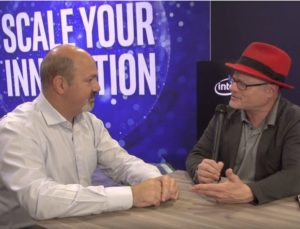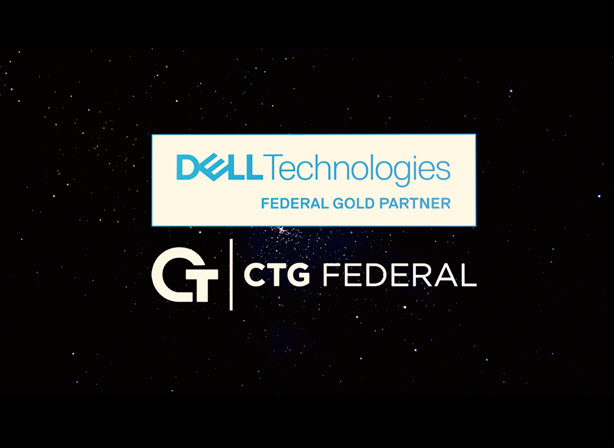 In this video from SC18, Intel Fellow Bill Magro describes how the company is fostering technologies for a new era of HPC in the Cloud.
In this video from SC18, Intel Fellow Bill Magro describes how the company is fostering technologies for a new era of HPC in the Cloud.
Many organizations are using HPC to do what they would otherwise do through physical experimentation, only faster and at lower cost. Others, in fields ranging from astrophysics to financial services, are using HPC to explore issues that defy physical experimentation altogether. In recent years, the demand for HPC has been growing even faster, as businesses have begun aggregating multiple servers into clusters to speed application performance for simulation, modeling, analytics, data visualization, machine learning, and more. Unfortunately, the cost and complexity of deploying a dedicated physical cluster remains a roadblock for many organizations. Cloud computing offers a potential solution by allowing people to create and access computing resources on demand. Yet meeting the complex software demands of an HPC application can be quite challenging in a cloud environment. In addition, running HPC workloads on virtualized infrastructure may result in unacceptable performance penalties for some workloads. Because of these issues, relatively few organizations have run production HPC work- loads in either private or public clouds.
Bill Magro is an Intel Fellow and serves as the Technical Lead and Strategist for Intel’s high-performance computing and workstation software and provides technical computing software requirements for Intel product roadmaps. He joined Intel in 2000 with the acquisition of Kuck & Associates Inc. (KAI). He began his Intel career as Director




